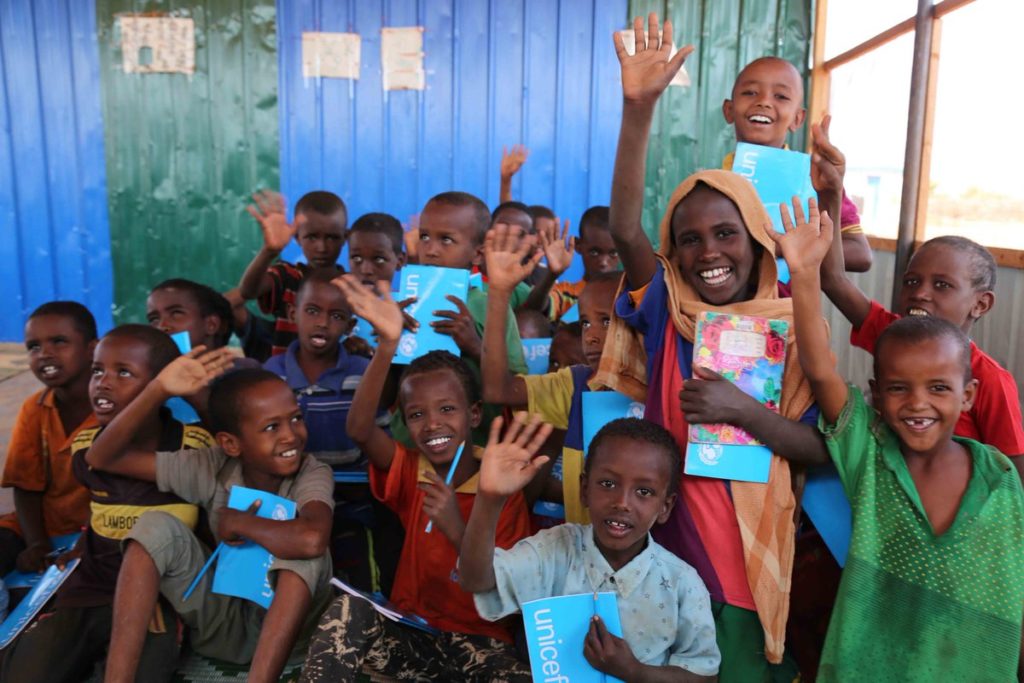Education key in combating extremism – report


By Fauxile Kibet
Young people in conflict areas who have accessed secondary education are almost half likely to support violent groups than those who have no access to education.
A new study by the global organization Mercy Corps has revealed that increasing access to high school education in war zones could help diminish support for armed groups.
The report, which focused on Somalia, revealed that youth and youth education appear to be the key to achieving peace in the country in future.
“We found in general that the provision of secondary education by itself reduced the likelihood of young people supporting political violence by roughly 48 per cent,” said Mercy Corps senior researcher Beza Tesfaye.
The study also found that coupling education with civic engagement opportunities meant that young people were nearly 65 per cent less likely to support violence.
More than 1,200 youth ages 15 to 24 years old were interviewed for the study in Somalia’s South Central and Puntland regions.
“We didn’t want to bias the findings by focusing on areas that were safe, you know, just staying in one part of the country, so it was challenging to be able to go out especially to rural areas,” said Tesfaye.
He added, “We were able to go out to a few communities that had previously been under the control of Al-Shabaab a few years earlier.”
Mercy Corps’ report measured the impact of a Somali Youth Learners Initiative, a multi-year program funded USAID that improved access and quality of education for more than 100,000 young people through construction and rehabilitation of schools and improved teacher training.
The program also created community-engagement opportunities through student clubs and youth-led community-improvement initiatives.
Crisis and conflict negatively affects the education of upwards of 80 million children worldwide, according to USAID.
“We also know that the longer they’re out of school the less likely they are to go back,” said Nina Papadopoulos, Team Lead for Education in Crisis and Conflict in USAID’s Bureau for Economic Growth, Education and Environment.
“So not only is school necessary for these kids’ continued education,” said Papadopoulos, “but it also provides them with important emotional, physical and cognitive protection while their world and family are in chaos.”